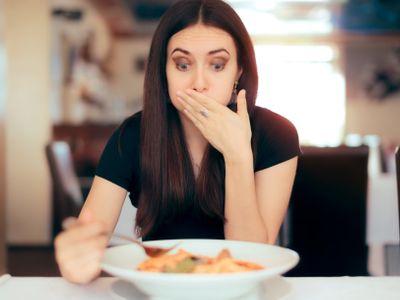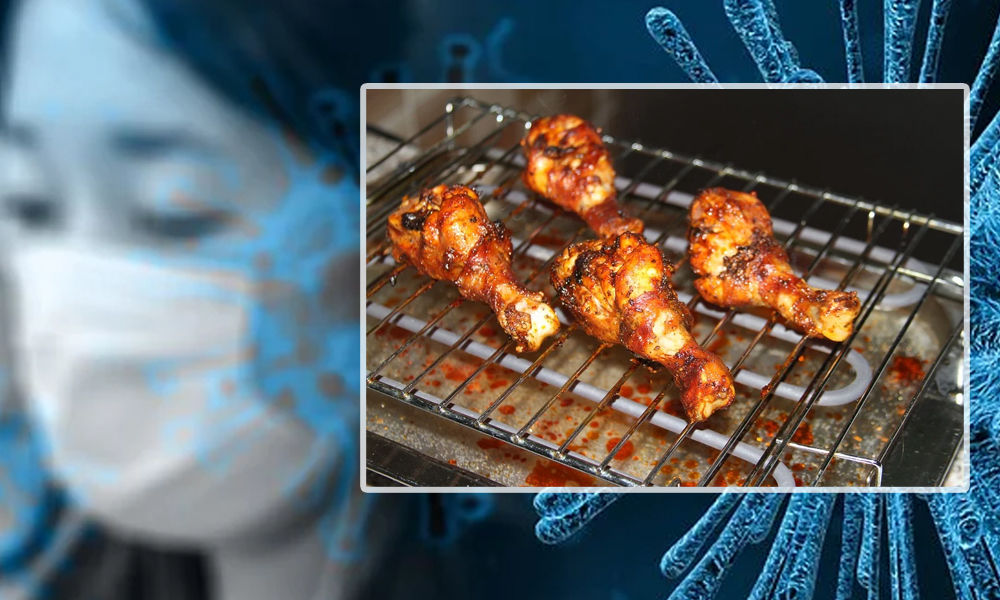For months we thought Coronavirus was spread by some guy eating bat soup, and some people stopped eating every kind of meat altogether.
We have been our groceries and food items, and worried about eating outside food lest it contains the Coronavirus.
But the latest discovery shows that Coronavirus cannot be transmitted via food.
Chicken wings in China were found infected with COVID-19

The story starts earlier this week when Chinese authorities found Coronavirus on frozen chicken wings imported from Brazil. It was reported as if the chicken wings had tested positive for Coronavirus.
This has given rise to the ideas that Coronavirus can infect food, and it can survive for long periods of freezing and several days of transport
But are these just rumors or there is some truth in them?
Can Coronavirus spread via food or food packaging?

People who had handled the infected chicken wings, they were tested to be negative.
Experts say that chicken might have caught the dead coronavirus and create a result that is called a false positive. Doctors have repeatedly said that coronavirus cannot spread via food.
Dr Ian Williams of the CDC has said that:
“There is no evidence that Covid-19 is “foodborne-driven or food service-driven. This really is respiratory, person-to-person. At this point there is no evidence really pointing us towards food (or) food service as ways that are driving the epidemic.”
What happens if you eat Coronavirus-infected food?

FDA has also said that people can contract COVID-19 from food or food packaging only when you touch your face immediately afterwards. But eating the food won’t infect you.
Even if the coronavirus got into your food, your stomach acid would kill it, according to Dr. Angela Rasmussen, a virologist at Columbia University.
“When you eat any kind of food, whether it be hot or cold, that food is going to go straight down into your stomach, where there’s a high acidity, low-pH environment that will inactivate the virus.”
WHO has clarified all your doubts and questions
WHO has said in a statement:
“There is no evidence that food or the food chain is participating in transmission of this virus, and people should feel comfortable and feel safe.”
COVID-19 can only spread when an infected person coughs, sneezes, or talks when they’re within 6 feet of another person. The best ways to prevent the spread is by social distancing, wearing a mask, thoroughly washing your hands and covering a cough or sneeze.
The virus doesn’t survive freezing or long-distance transport, as declared by WHO:
“Even though the new coronavirus can stay on surfaces for a few hours or up to several days (depending on the type of surface), it is very unlikely that the virus will persist on a surface after being moved, travelled, and exposed to different conditions and temperatures.”
Featured Image Courtesy: CDC

